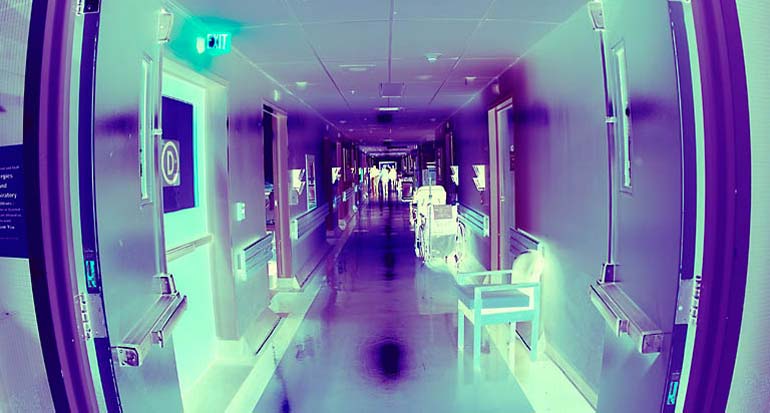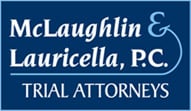Hospital-acquired infections can be deadly. If they are not appropriately treated or diagnosed in time, they can result in serious long-term complications, sepsis, organ failure, and even death.
This is one reason why hospital policies and procedures emphasize sterility and cleanliness in all treatment and exam rooms. It is also why healthcare professionals are urged to use proper hand-washing techniques. Failure to follow these simple protocols can jeopardize a patient’s life and result in medical negligence claims and malpractice lawsuits.
- Related Article: Hospital Acquired Infections – Help For Victims’ Injuries

What is a Hospital-Acquired Infection?
A hospital-acquired infection (also called a “nosocomial infection”) is an infectious process that occurs in a hospital setting which generally is not associated with the patient’s diagnosis or health issue. These infections are typically acquired in a number of ways, usually within 48 hours of admission:
- Patient Risk – patients who are severely injured or ill often have weakened immune systems which make them vulnerable to infections. If they’ve been in the hospital for an extended period, this can also increase their risk.
- Hospital Risk – the hospital environment should be clean, and the tools and equipment used for examinations and procedures should be sterile. When bed linens, water systems, or medical devices are not cleaned or not appropriately sterilized, this can increase the risk of patients acquiring a hospital-based infection.
- Healthcare Provider Risk – healthcare professionals have a responsibility to maintain cleanliness when taking care of patients. Inadequate hand washing or failure to use safety protocols when intubating, placing a catheter, or drawing blood can increase the risk of a patient acquiring an infection while in the hospital.
Types of Hospital-Acquired Infections
Many invasive medical devices and instruments are used in hospitals during treatment, rehab, and recovery. These devices and systems, however, can also introduce dangerous bacteria into the body. According to the Federal Goverment’s Center for Disease Control (CDC), some of the more well-known hospital-acquired infections include:
- Central Line-associated Bloodstream Infections.
- Catheter-associated Urinary Tract Infections.
- Surgical Site Infections.
- Ventilator-associated Pneumonia.
The Dangers of Sepsis
When a patient acquires an infection in the hospital, it can quickly escalate to a life-threatening condition. Symptoms of sepsis include body-wide inflammation, elevated heart rate, rapid breathing, fever, and internal organ damage. There is a 40% mortality rate for sepsis after being acquired as the result of a hospital-based infection. What makes these infections so challenging to treat is that some of them are immune to specific antibiotics, making them even more dangerous.
For example, Methicillin-resistant Staphylococcus Aureus is a type of staph bacteria that is resistant to the traditional treatment methods (antibiotics) that are often used when a patient contracts a staph infection. These aggressive infections can cause severe injury, disfigurement, and can even result in amputation. If not treated promptly and properly, they can become life-threatening.
When a Hospital or Healthcare Professional is Liable
It can be difficult to determine liability after a patient has acquired a hospital-based infection and then has suffered severe injury or death. In some cases, there is nothing that the hospital or healthcare professional did improperly that caused or contributed to the infection. However, there are times when medical negligence is to blame. Before determining liability, an investigation will first have to be undertaken to determine the specific circumstances surrounding the acquired infection. Expert medical witnesses may need to provide opinions with respect to whether there was compliance with appropriate medical standards of care. Could the infection have been prevented if the medical professional had not deviated from the standard of care? If the answer is yes, you may have cause to file a medical malpractice lawsuit against the medical professional, as well as against the hospital, office, or clinic where the infection occurred.
Contact Our Pennsylvania and New Jersey Medical Malpractice Attorneys
Medical malpractice claims are complex and require a law firm with the experience and resources needed to tackle these challenging cases. The medical malpractice attorneys at McLaughlin & Lauricella, P.C., have more than 100 years of experience representing injured patients and their families across Philadelphia, Berks, Bucks, Dauphin, Delaware, Lackawanna, Lehigh, Luzerne, Montgomery, and Northampton Counties, as well as throughout the State of New Jersey. Contact us today, toll-free, at 1-855-633-6251 or fill out our confidential contact form to learn more about your legal options.



